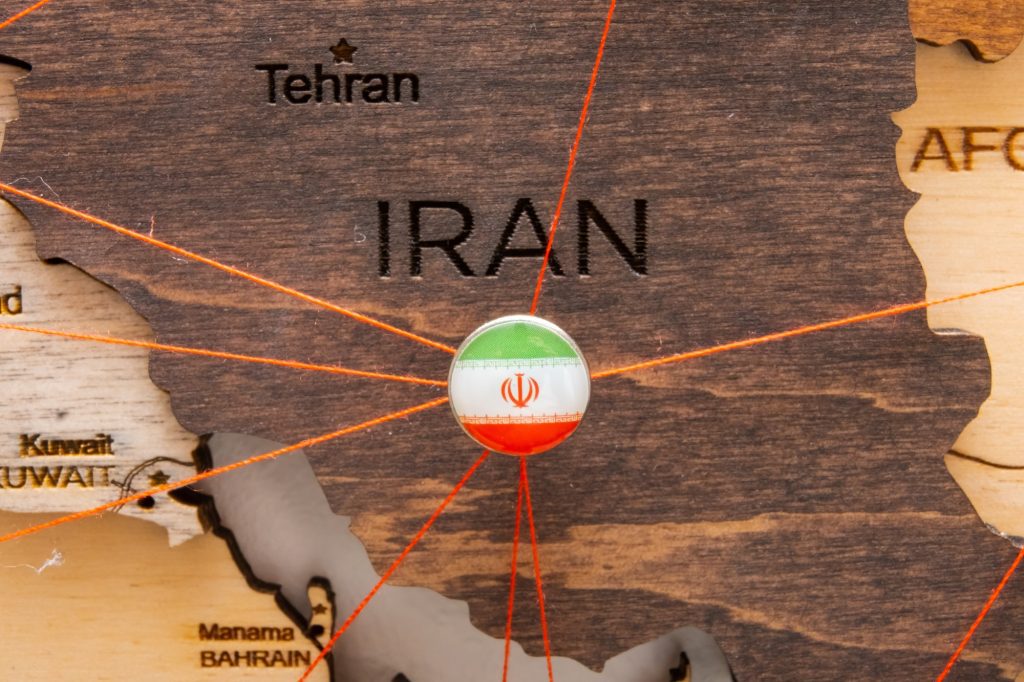
































Iranian internet companies are pushing for a twofold increase in broadband and mobile tariffs, per the pro-reform platform Faraz Daily. Users face subpar connections and feel compelled to invest in pricey Virtual Private Networks (VPNs) and anti-filtering tools to navigate government-imposed censorship.
Iran's ICT Minister, Issa Zarepour, mentioned that a decision on increasing internet rates is still pending, linking it to providers' improvement of service quality. However, users suspect government involvement in the slow traffic issue. Doubts arise about Zarepour's sincerity as reports indicate he publicly opposes rate hikes while allegedly pursuing them behind the scenes, seemingly neglecting concerns about service quality.
Despite President Ebrahim Raeisi's pledge for free internet for the lowest income groups in 2021, Iran grapples with escalating internet costs and heightened censorship. The government, under Raeisi's leadership, has increased restrictions since the beginning of the 'Women, Life, Freedom' movement last year, blocking numerous websites and social media platforms.
Why does it matter?
A recent report by Freedom House ranks Iran as the Middle East's worst country for internet freedom in 2023, attributing this to the authorities' harsh responses to nationwide protests. Lawmakers suggest a connection between advocates of internet censorship and those profiting from VPNs. Iranians may spend$480 million annually on VPNs at$2 per month to bypass bans on Instagram and WhatsApp. With increased data usage and government restrictions, users are already paying more for VPNs and traffic, possibly facing higher rates ahead.
 Tags chauds:
Le développement
Ressources internet critiques
Tags chauds:
Le développement
Ressources internet critiques